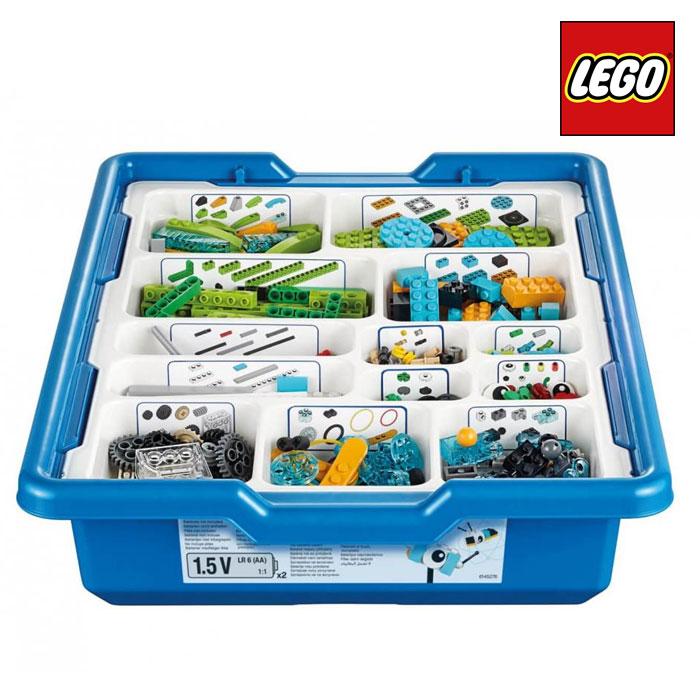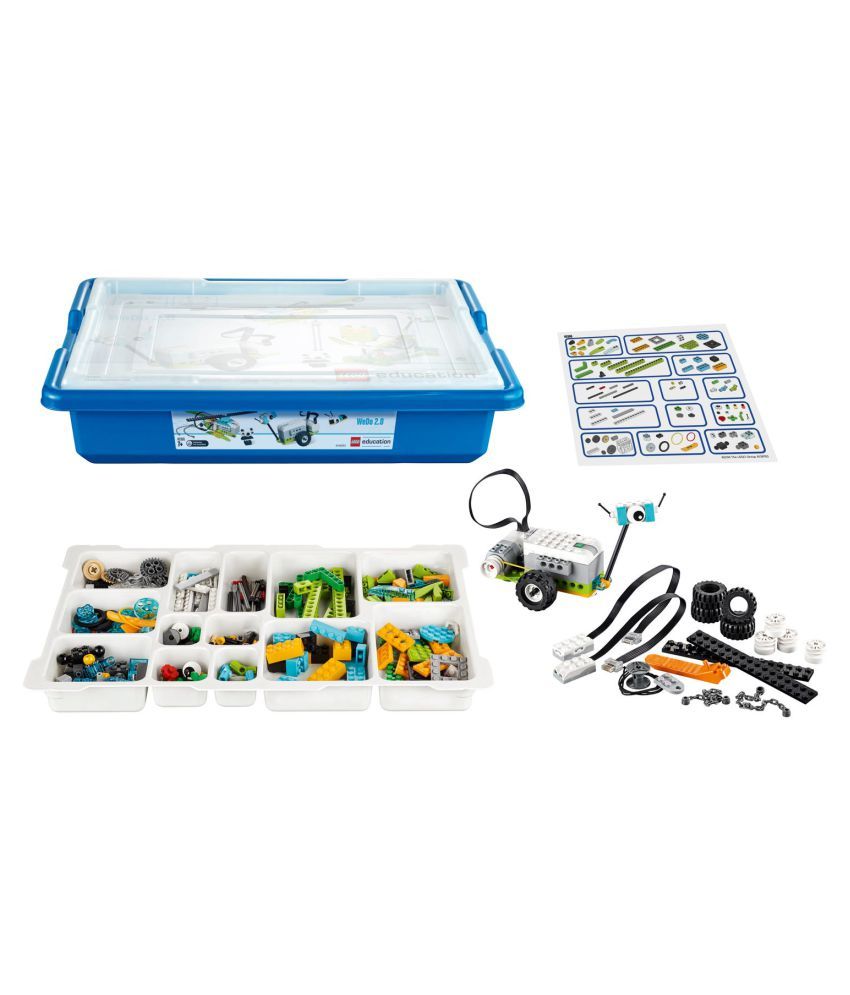
It was seen as a result of the study that attitudes, academic achievements and computational thinking skills of the experimental group students, who received robotic-assisted science education, toward science course differed significantly compared to the students in the control group. The application was continued for eleven weeks and the obtained quantitative data were evaluated at the significance level of 0.05 with SPSS packaged software. While the activities in the experimental group were carried out with LEGO WeDo 2.0 Robotic Education Set, the same activities in the control group were implemented using the traditional direct instruction technique as in the curriculum. As data collection tool, "Science Course Academic Achievement Test", "Science Course Attitude Scale", and "Computational Thinking Scale" were used in the study. DESCRIPTION: Designed for primary school classrooms, the WeDo 2. The study model was the "pretest-posttest control group design" of the experimental method. lego wedo.docx 19-Oct-20 1 Page LEGO WEDO.

The study was conducted with 5th grade students (N=36) in a private school in Elazig in the 2017-2018 school year.


In this study, the effect of LEGO WeDo 2.0 robotics education on academic achievement, attitude and computational thinking skills of the learners toward science was examined. While gaining 21st century skills, conducting interdisciplinary studies is becoming importance and increasing the efficiency. The acquisition of these skills to individuals is not sufficient with traditional education and difficulties are experienced in adapting to the age. Today, the essential skills and characteristics of individuals change within the frame of changing needs.


 0 kommentar(er)
0 kommentar(er)
